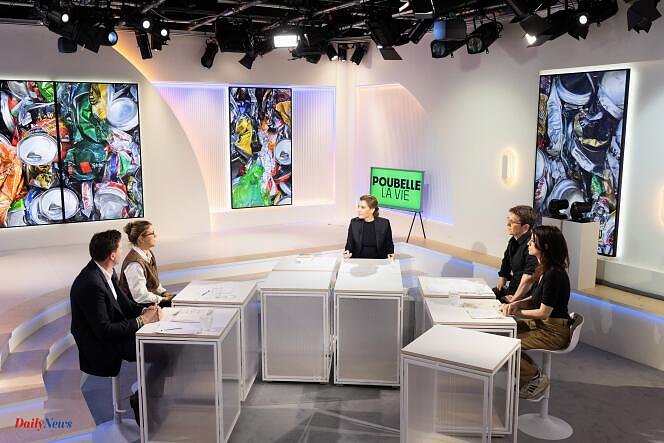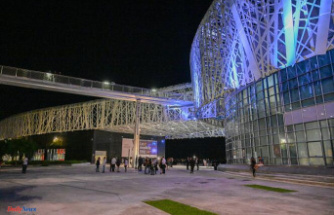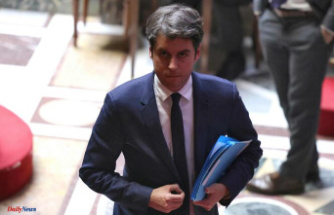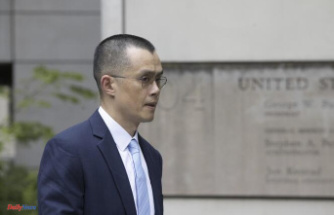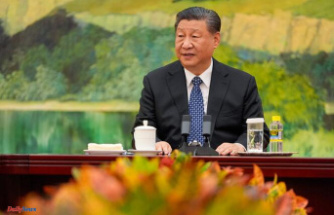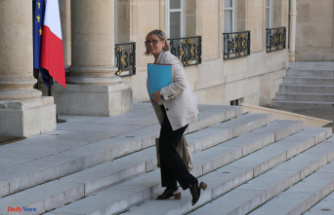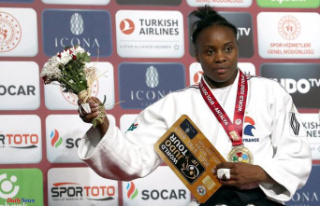In October 2021, journalist Paul Labrosse revealed “the big lies of recycling” for “Forbidden Zone” (M6), or how the contents of green (at the time) and yellow bins ended up mixed and incinerated. A scandal that had to be denounced, but which had the perverse effect of distracting a small part of the population from sorting.
Also, two and a half years later, it is interesting to take stock of our recycling rate, as proposed by “Mom, I stopped the plane”, presented by Daphné Roulier. As a reminder, according to a World Bank study dating back to 2016, on a planetary scale, including industrial activity, humanity produces 2 billion tonnes of solid waste per year.
The program opens with reports from two landfills, one above Marseille, operated by Suez and which should have closed in 2022, as the nuisance is so great; the other, the Azur Valorisation ecopole, opened in 2020 in Draguignan (Var) and exemplary, with maceration juice treatment systems and gull scarer.
Then head to an incineration center, the second destination for our high-tech gray trash bins in Issy-les-Moulineaux (Hauts-de-Seine), south of Paris. Problem: sorting and recycling upstream are poorly done. More serious, assures journalist Raphaël Hitier, “if municipalities do not give a certain quantity to incinerators, they must pay penalties”.
Discharges and penalties
But the message gets muddled when Daphné Roulier takes control: “We are being harped on about recycling,” she says, before questioning her guest, Nathalie Gontard, researcher in packaging sciences at the National Research Institute for agriculture, food and the environment, and a regular on TV since she publicized her fight against all-plastic: “Are you saying that recycling is a hoax? » The scientist reiterates: “Recycling is a narrative, wishful thinking. Plastic was not designed to be recycled. We don't know how to recycle it. »
However, this exchange should not, once again, distract the viewer from sorting – which is progressing in France, even if the sorting of bio-waste has fallen behind schedule. He just points out the specific case of plastics, for which recycling does not exempt us from reducing our use of plastic as much as possible.
“When I hear madame, I tell myself that we must act,” intervenes the third guest, Maël Le Moal, director of a Leclerc store in Granville (Manche) and vice-president of Perifem, an association which brings together the actors of physical distribution around environmental and innovation issues. But it must also be noted that bulk sales do not appeal to consumers, mainly for hygiene reasons, especially since Covid-19. “The truths of today are not necessarily those of tomorrow,” he notes wisely.
In the documentary “Cher plastic”, by Dorothée Adam (2021, still available on LCP. fr), sociologist Denis Blot addresses the problem more head-on. “Maybe our plastic lives are good for our citizens: not for the environment, but for our citizens. So perhaps we need to organize a real political debate on the question: “Do we want plastic or not?” »

